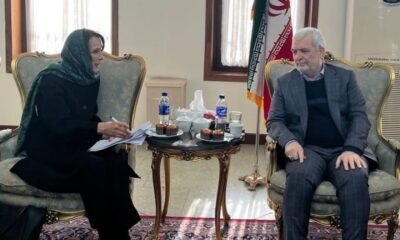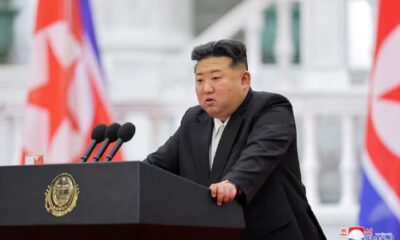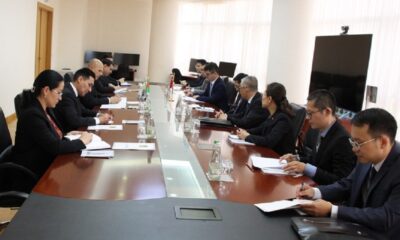Latest News
IEA marks 33rd anniversary of the Soviet pullout from Afghanistan
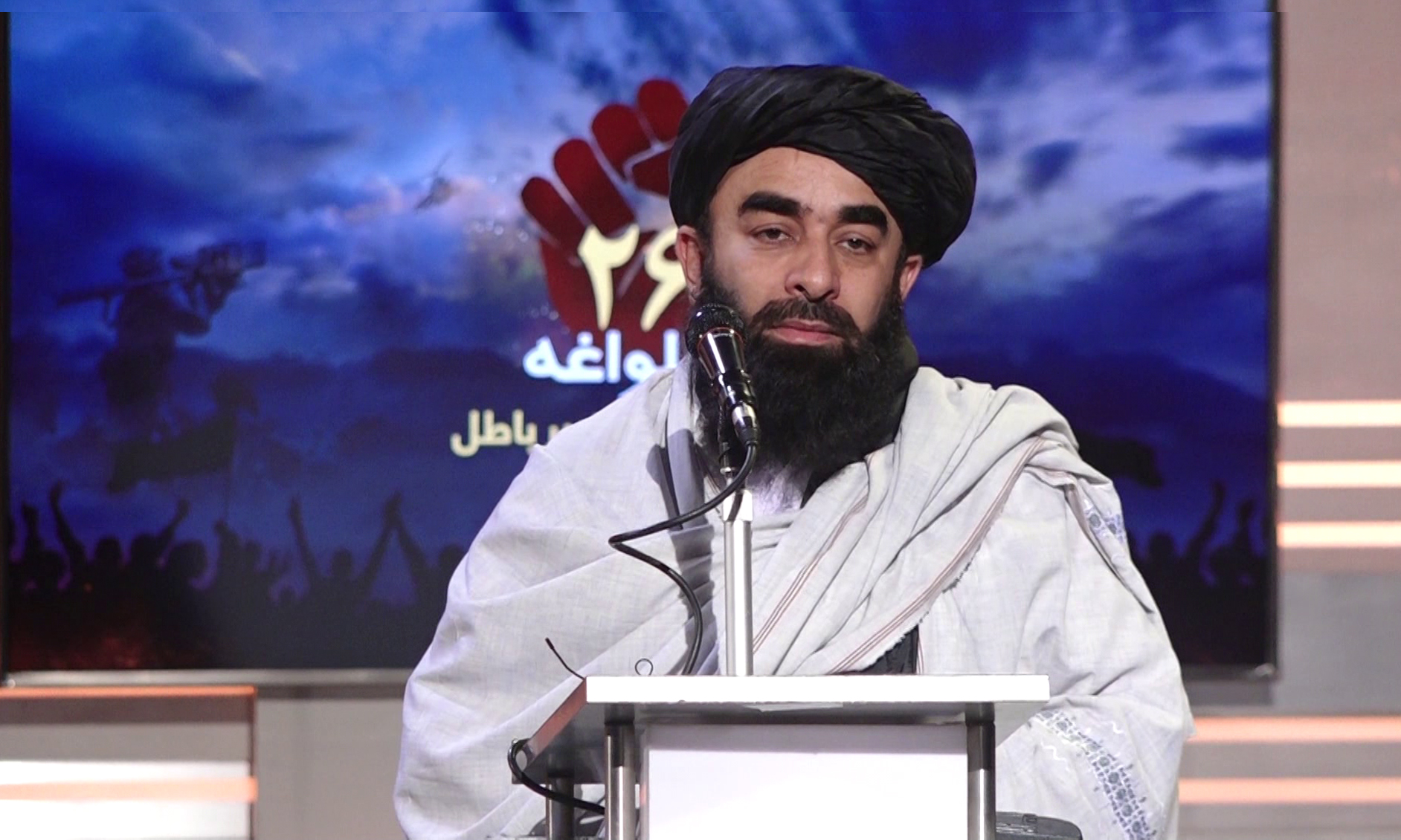
Today, 15 February 2022 marks the 33rd anniversary of the defeat and withdrawal of the former Soviet Army from Afghanistan.
Islamic Emirate of Afghanistan (IEA) on Tuesday acknowleged the victory in a statement and said it was “a glorious day in the history of Afghanistan”.
“The freedom and identity of countries depend on their efforts and masterpieces. Afghans have tested positive in this field three times in the last century, taking back and protecting the freedom and independence of their country,” the IEA’s statement read.
The IEA also stated that “our country has just been liberated from occupation for the third time”, which shows that “the feeling of freedom among Afghans is strong and they have a strong will to defend their religion and country”.
“We hope that the aggressor countries have learned many lessons from the invasions and the re-liberation of the Afghans in the last century and leave the path of enmity and hostility with our nation,” read the statement.
According to the statement, Afghans are a “peaceful and secure people but every time their peace and security has been turned into a war by foreign aggression, opportunities have been taken away from them”.
“We do not want to invade any country's territory and we want other countries to respect each other and live in security,” the statement read.
Calling on Afghans, the IEA said that Afghans must remain vigilant against any conspiracies and plots and follow in the footsteps of their ancestors and defend the freedom and independence of their country.
Thirty-three years ago, on 15 February 1989, the former Soviet Union announced its complete withdrawal of troops from Afghanistan, ending a nine-year war that claimed the lives of millions of Afghans.
In 1979 the Soviet Union entered then neighboring Afghanistan in the hope of shoring up the newly-established pro-Soviet regime in Kabul. Quickly almost 100,000 Soviet Union soldiers took control of major cities and highways around the country, but war soon broke out with the rise of the Mujahideen.
The war lasted nine years and, in that time, an estimated one million civilians, including children, were killed, along with 90,000 Mujahideen fighters, more than 20,000 Afghan troops and over 14,000 Soviet soldiers.
Latest News
Iran’s envoy meets UNAMA deputy, stresses cooperation with Afghanistan
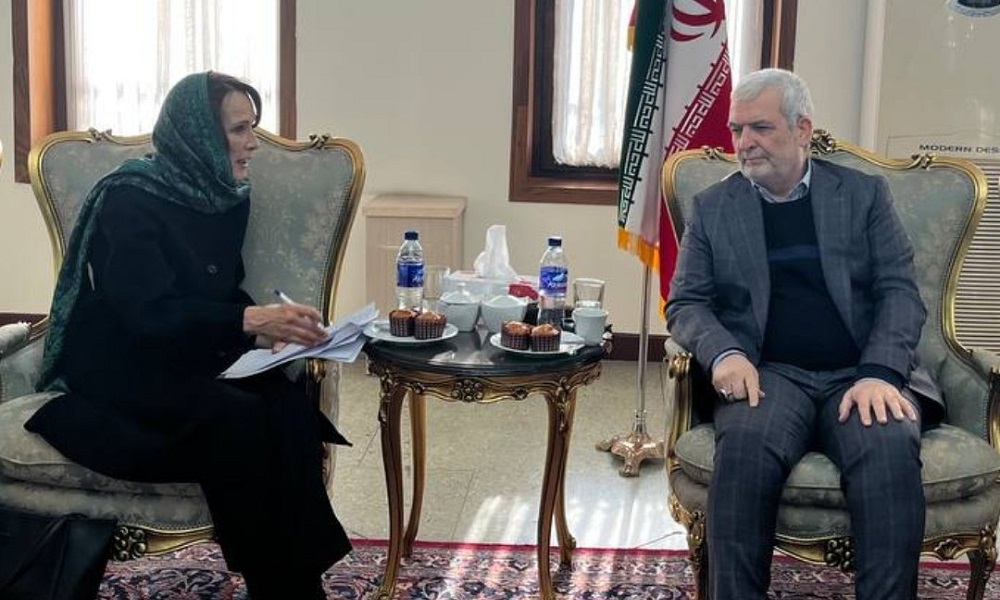
Hassan Kazemi Qomi, Iran's ambassador and special representative for Afghanistan met late Thursday with Georgette Gagnon, UNAMA’s deputy special political envoy for Kabul and they stressed the increase of cooperation with Afghanistan, the embassy said in a statement.
In this meeting, Qomi told Gagnon that Iran would support any initiative taken by the international community for Afghanistan.
In the meeting of Georgette Gagnon with Mr. Kazemi, the issue of narcotics and the presence of the private sector in Afghanistan were discussed, and Iran supports any constructive initiative of the international community for Afghanistan,” according to the statement.
Experts, meanwhile, believe the solutions of the United Nations to cooperate with Afghanistan's neighboring countries in consolidating stability and security can solve key issues such as terrorism and immigration.
Some experts consider strengthening Iran's partnership and cooperation with the UN for greater stability in Afghanistan is important and necessary.
However, Iran has not yet recognized the caretaker government of Afghanistan and has repeatedly emphasized the establishment of a comprehensive government in the country.
Over the past three years, Iran has established good relations with the Islamic Emirate, and trade between the two countries has increased.
Meanwhile, Tehran has previously opposed the appointment of a special representative for Afghanistan by the United Nations.
Latest News
Ten people killed in Baghlan attack

Ten people were killed by unknown individuals in Afghanistan’s northern Baghlan province on Thursday night, police said on Friday.
The incident happened as the victims were doing Zikr at a mosque in Shahr-e-Kuhna of Nahrin district, police said in a statement.
The statement said that they used to regularly go to mosques and monasteries at night after returning from work.
Abdul Ghayoor Khadim, a provincial police official, said that several people were arrested in connection with the incident, adding that an investigation was launched.
Latest News
Chinese, Turkmen officials meet to discuss Afghanistan
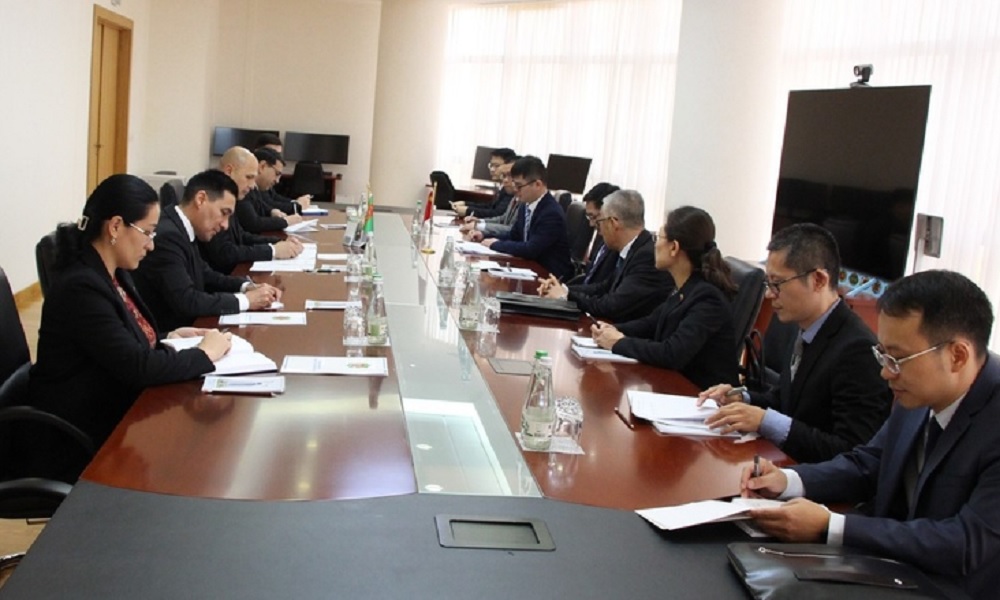
Deputy Minister of Foreign Affairs of Turkmenistan Serdar Muhammetdurdiyev on Thursday met with Chinese special envoy for Afghanistan, Yue Xiaoyong, the Foreign Ministry of Turkmenistan announced.
During the meeting, the sides discussed priority vectors of strategic interstate cooperation built on a long-term, mutually beneficial basis, as well as exchanged views on the implementation of previously reached agreements.
It was noted that personal contacts between the leaders of the two countries play a key role in intensifying the interstate dialogue, which give a strong impulse to further development and expansion of Turkmen-Chinese ties.
It was emphasized that Turkmenistan considers multilateral international platforms for maintaining stability in Afghanistan as an important factor in promoting sustainable improvement of socio-economic state of the neighboring country. The sides exchanged views on the preparations to the 5th meeting of Foreign Ministers of Afghanistan's Neighboring States to be held in Turkmenistan.
The interlocutors reaffirmed that Turkmenistan and China will continue to provide all-round support for the economic restoration of Afghanistan.
-

 Sport4 days ago
Sport4 days agoAbu Dhabi’s thrilling T10 tournament just days away
-

 World5 days ago
World5 days agoBiden allows Ukraine to use US arms to strike inside Russia
-

 Sport4 days ago
Sport4 days agoAfghanistan beat UAE by 169 runs in U19 tri-series
-

 Latest News3 days ago
Latest News3 days agoTajikistan trumps Afghanistan 3-1 in football friendly
-
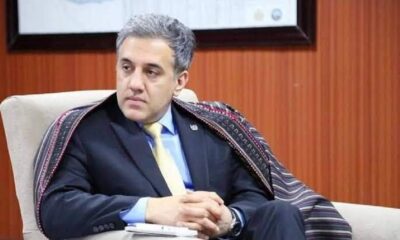
 Latest News4 days ago
Latest News4 days agoTwo Afghan diplomats posted to Germany under former government resign
-
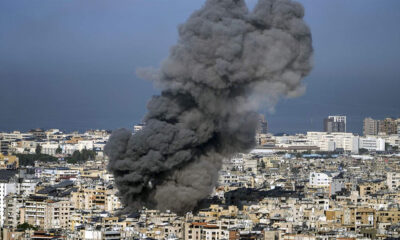
 World3 days ago
World3 days agoLebanon, Hezbollah agree to US proposal for ceasefire with Israel, Lebanese official says
-
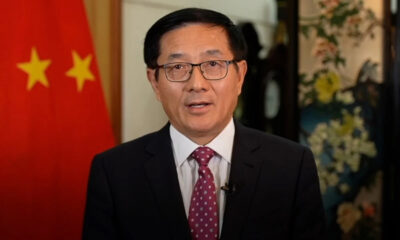
 Latest News4 days ago
Latest News4 days agoChina’s envoy says Beijing never interferes in Afghanistan’s internal affairs
-

 Latest News4 days ago
Latest News4 days agoSaudi Arabia executed 101 people, including three Afghans this year


